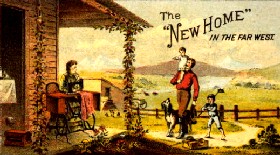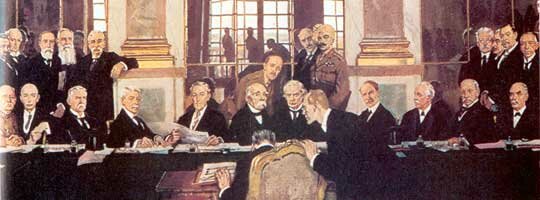New reviews this month
 History of Rome,
History of Rome,History 106B (Berkeley),
TudorCast,
Podcasts on Medieval Texts,
Ancient and Medieval History Podcast,
Medieval & Renaissance Studies Events,
Hank's History Hour,
American History before 1870,
Your History Podcast,
History of the International System,
GLAD Anniversary Podcasts.
Other history podcast reviews begins with my favorites history 5 and OVT, but there are more:
History 5 (Berkeley):
Absolutism and Science,
Enlightenment and French Revolution.
OVT:
1941 - Handlangers,
1943 - Stalingrad,
1943 - Polen.
 In Our Time (BBC)
In Our Time (BBC)Historyzine
History according to Bob
Hannibal (Stanford)
History 4A (Berkeley)
12 Byzantine Rulers
The Missing Link
Dan Carlin's Hardcore History
Quick review of the remaining history podcasts:
History 2311
The history of Western Civilization up to 1600, by Gretchen Ann Reilly, also known from the podcast American History before 1870. This is a quality monologue style podcast in 15 minute editions. The entry level is high school / college.
History 2312
Also by Ms. Reilly is the follow-up, Western Civilization from 1600 on. I would recommend this course for AP European History students, rather than Hank's History Hour.
Everything Lincoln
A history podcast that digs up anything that has to do with Abraham Lincoln. Much in the way of Tudorcast does for the Tudors. there is no didactic build in order to pass understanding of the person, but rather an unstructured stream of episodes. Charmingly done however. So far there are three podcasts in the feed.
Peopletalk's Podcast
An audiobook style podcast that delivers historical texts being read to the listener.
Redborne History Podcast
History podcast of a British school teacher in preparation of his students. Two issues in the feed.
Teaching American History
University lectures on various subjects of American History; a project of the Ashbrook Center for Public Affairs at Ashland University.
We the People Stories
A podcast of the US National Constitution Center addressing constitutional issues with lectures and forum discussions on a very high level.
What to expect next:
- 118 podcasts reviewed
- new and improved set up of History podcast directory with links to reviews, sites and feeds
- migration of the other directories to the same structure






















